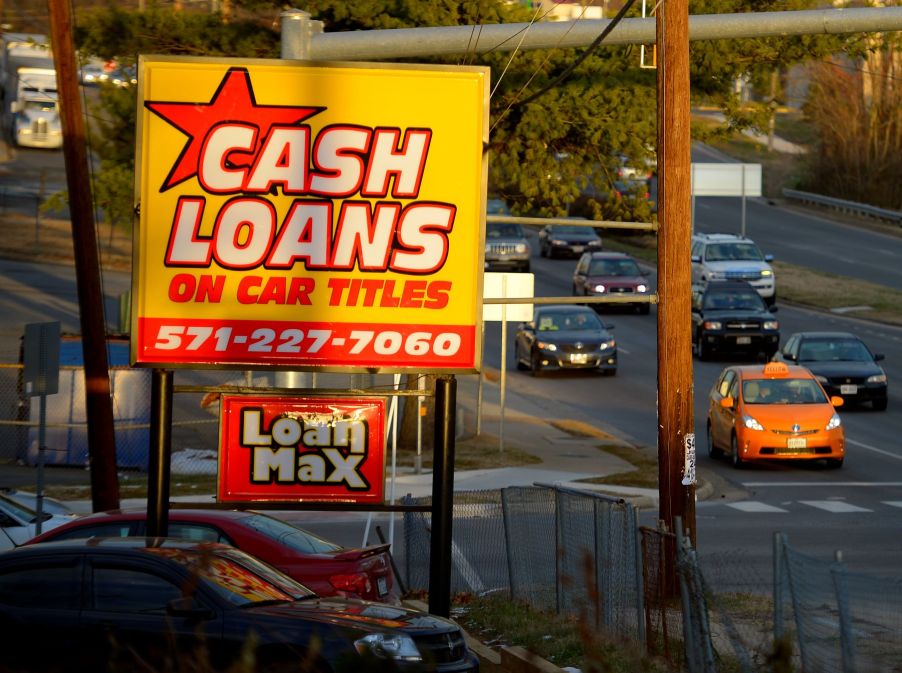
The Pros and Cons of Loaning Your Car Out
You’ve most likely had friends, family members, or colleagues borrow your car to run a quick errand, drive to work, or for a weekend getaway. So, does your auto insurance policy allow you to loan out your vehicle and still have coverage?
Even a fender bender can leave you and the borrower wondering whose insurance will cover the collision damage. Keep reading to see if you should let anyone use your sports car.
The pros of loaning your car to someone
Pros: The question to ask in this case is: Who is covered by your car insurance? Even if you aren’t the at-fault driver, most personal auto policies may pay for damages caused by borrowers that fall under the following three categories:
- Relatives that reside in your home and wreck your vehicle can be covered as a driver on your auto policy.
- Your spouse or domestic partner with whom you share joint financial responsibilities can be a named insured in your policy and have access to your vehicle.
- Individuals under ‘Permissive Use’ car insurance, that is, someone with your exclusive permission to operate your vehicle, states Bankrate. They can be included in the primary policy, as explained in this YouTube video.
While most major car insurance companies offer permissive use car insurance, some smaller insurance carriers do not. Always review your policy details before handing over your keys to understand the listed drivers (named drivers) or named operators a car insurance policy protects.
The cons of loaning your car to someone
Cons: In the event of an accident where you weren’t the one driving, you could be responsible for covering the costs owed above the limits on your policy. For example, you face potential litigation if your friend was operating your vehicle and caused significant property damage or their negligent actions got someone injured.
According to Erie Insurance, your insurance company can also deny your claim if the borrower isn’t declared under the terms of your insurance policy. By principle, when you lend your vehicle to someone, you’re also lending them your driving record and, by extension, your auto insurance coverage.
So, if your car is driven by a friend who drives while intoxicated, does not have car insurance, or has a suspended license, it may raise your insurance premium. Additionally, if someone is always borrowing your car on a regular or long-term basis and remains an undeclared driver in your policy, your insurer may deny your claim.
The denial will be on the grounds of failing to add the borrower to your insurance policy as an ‘occasional driver’ or not outlining the uses of the said vehicle per your insurance policy.
Whose auto insurance policy covers the cost of repairs?

Under the ‘vicarious liability’ clause, you’re liable if you’ve permitted another person to drive your car and, through negligence, caused damage or injury. This will not only raise your premiums, but until your friend’s auto insurance kicks in, your policy is primary.
You’d have to pay damages out-of-pocket to compensate for any resulting damages or injuries. If your friend has insurance that covers a borrowed vehicle and the damages caused exceed the amount your policy covers, their insurance may cover any at-fault damages.
Bear in mind that as long as you give your permission to an unlicensed driver, someone with a history of reckless driving, or an individual who drives intoxicated, you may be held accountable for what constitutes ‘negligent entrustment’ and sued for personal damages.
The next time a friend or family member asks to borrow your car, and you don’t have full coverage insurance, stop and think about how a liability claim in the event of an accident could affect your finances and policy premiums.
Talk to your local insurance agent and learn how to keep your vehicle and yourself protected when friends and family members are behind the wheel.


